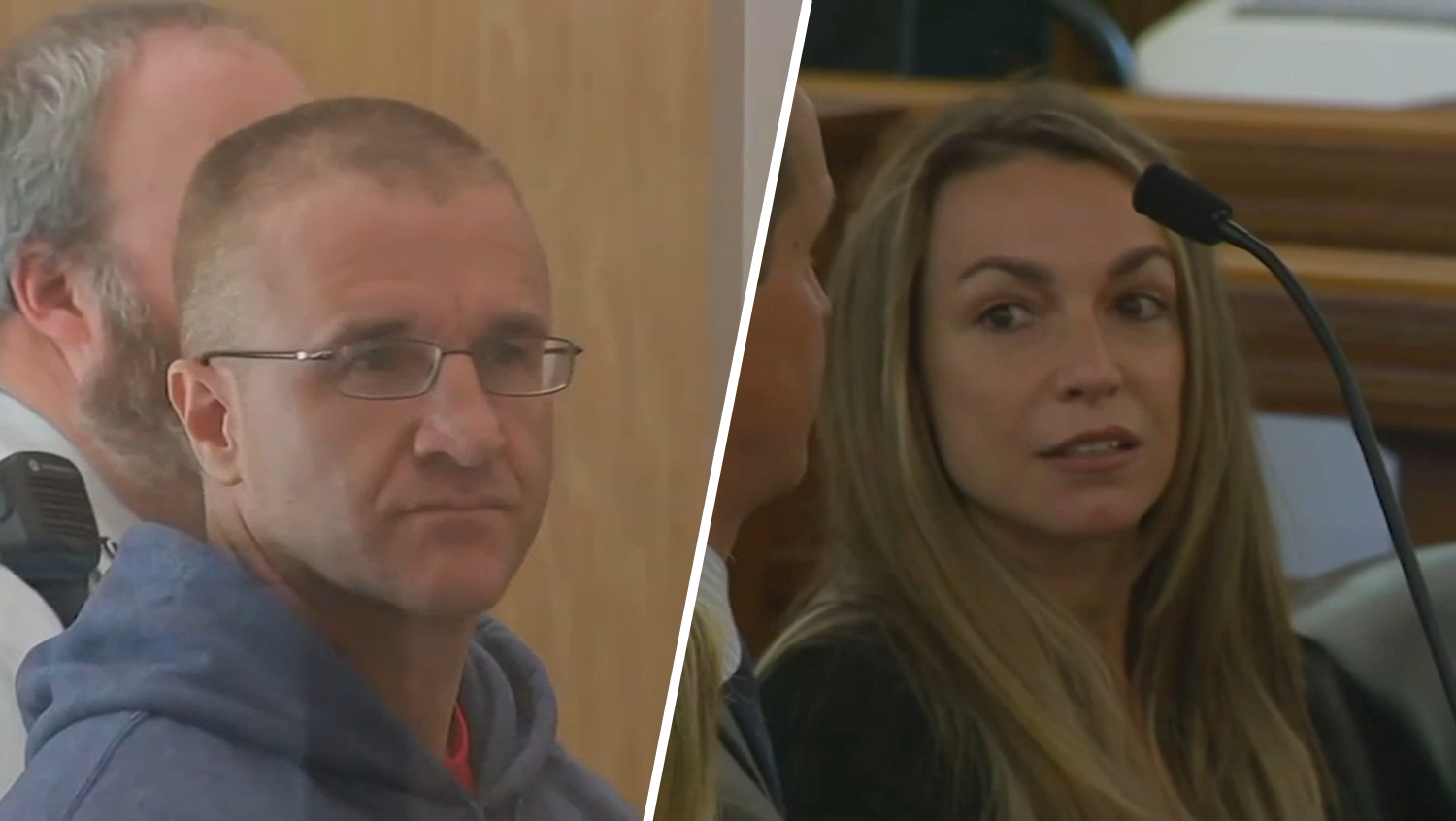(NECN: Peter Howe, Boston) - Is the middle of Boston the right place for a maximum-security laboratory where researchers would handle and research some of the world’s deadliest bacteria and microbes?
Boston University’s been arguing for years that its medical center campus can be, and three-and-a-half years after completing construction of the new facility on Albany Street, as BU continues to seek federal regulatory and court approvals to open the facility, it invited neighbors and media in for a tour Tuesday.
Massachusetts Energy and Environmental Affairs Secretary Richard K. Sullivan last month preliminarily approved use of the lab for so-called Biosafety Level 2 research, studying diseases such as tuberculosis. Now BU is trying to persuade officials that they should allow opening of Level 3 and Level 4 labs in the seven-story, 192,000-square-foot complex – labs with the security and technology to allow researchers to work with and develop vaccines against and cures for deadly illnesses like Ebola and hemorrhagic fevers that typically kill 50 to 90 percent of the victims they infect.
More and more, public safety officials warn, these diseases can be just one airline passenger away from spreading to the U.S., like the SARS virus spread from China to Toronto through air travelers in 2003. BU would be just the eighth “BSL-4” lab in North America. The National Institutes of Health are completing a safety assessment of the facility before deciding whether to back BSL-4 research there.
Accompanied by Mayor Thomas M. Menino, Police Commissioner Ed Davis, and city and neighborhood civic and business leaders, BU National Emerging Infectious Disease Laboratories officials sought Tuesday to stress how their lab may just be the very safest place in the world to do this kind of research, even sitting just a few hundred feet from the Southeast Expressway and BU Medical Center.
Standing inside one of the air-locked labs where researchers would perform work dressed in ventilated space-suit-like clothing that would be cleaned with seven-minute chemical showers, laboratories associate director Ronald B. Corley explained how “this is a completely sterile space, and the idea is that you want to keep it that way. If you keep your workers safe you really keep the community safe.’’
The level 4 lab is built as the equivalent of its own building inside the main building, with foot-thick reinforced concrete walls, triple microscopic air filtration systems, intensely guarded entrances and exits, doors controlled by iris scanners to allow only authorized scientists and security personnel in to specific floors, and hundreds of surveillance cameras to prevent anyone from trying to sneak deadly biological samples out of the building to create terrorist weapons. The whole building sits dozens of yards back from the street, behind a fence reinforced to thwart a truck bomb.
Local
“I think it's good for our city,’’ Menino said during the tour. Menino pointed to BU estimates that the Level 4 research could bring in up to $45 million a year in research grants, supporting nearly 300 jobs at the Albany Street building and another 380 spinoff jobs in Greater Boston.
“It’s about the future,’’ Menino said. “It's about making sure we have the tools in our city to do the research and findings that we need to cure some of those diseases out there.’’
For all of the elaborate security measures that have been taken, what's generated a lot of criticism -- as well as two pending state and federal lawsuits against BU -- is people asking: Why would you even introduce the remote risk of dealing with these deadly pathogens, right here in the heart of a very busy city, if the research could be done elsewhere? Groups that have formed to oppose the facility include Safety Net of Roxbury and STOP The BU Bio-Terror Lab. Besides fears of laboratory security breaches, they’ve also asked about safety threats while vials of dangerous biological substances are being brought in and out of the BU facility.
Lab supporters say the best hope for finding ways to prevent and cure outbreaks of exotic infectious diseases in the U.S. is to build on research thousands of scientists are already doing in and around the Greater Boston area, and make it possible for them to do Level 4 work here, not hundreds of miles away.
Susan Sullivan, executive director of the Newmarket Business Association, which represents 200 companies close to the BU site that employ 15,000 people, including 10,000 Boston residents, said after years of study, they are persuaded the economic and public-health benefits more than outweigh the extremely remote risk of something dangerous leaking from the lab.
“There's no such thing as no risk, but our businesses are comfortable with the degree of security and safety” and see the lab driving significant job growth in the region, Sullivan said.
Menino, whose Public Health Commission would have a veto over research work done at the BU lab, said he’s concluded that “it’s time for us to open up the lab and start doing some of the work, that we approve some of those best minds to do the research in the city of Boston.’’
With videographer Michael Bennett



